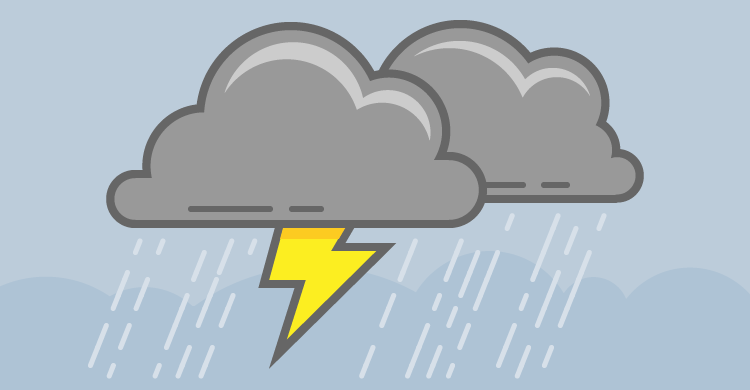As a child, I loved to sit on our front porch to watch approaching thunderstorms play out over our small town in central Wisconsin. I always knew just when to take my place on the porch, positioning myself in front of my grandmother’s window. It wasn’t because I had seen or heard a weather forecast, but because there was something about the uncertainty of the air that signaled the arriving storm. First there was stillness, then rumbling, followed by the full fury of the storm – lightning, thunder, swirling winds and rain.
I remained on the porch even after the storm had passed, because it was the best part – birds reappeared to search for worms, frogs croaked and the sun returned. This cycle of sun and storm fueled the growth of all things beautiful, transforming the landscape and delighting the gardeners and farmers who awaited their bountiful harvest.
Once again, we prepare to return to school amidst the excitement of a new year and the start of a different cycle. Many, if not most, educators will be greeted by new faces on staff and on their PLC teams. With retirements and new hires, grade level and course and department changes, and perhaps surprising new perspectives from familiar faces, there will surely be some uncertainty about what the new teams will be like. Even if team membership changes by only one person, the dynamics and the experience will be different.
In The Handbook for SMART School Teams, Second Edition (Solution Tree, 2014 pages 51-58), we share the stages that teams go through as they develop from the very first meeting (forming) through the inevitable struggles they go through (storming) on their path (norming) to becoming high functioning learning communities (performing). Let’s take a look at how that plays out using the thunderstorm as metaphor.
The forming stage is like the uncertainty in the air preceding the storm. At this stage, team members are anxious; they may not know what to expect and are cautious about what they can and cannot say or do. New members will be especially anxious about whether they will fit in and have important things to offer.
The rumblings of the approaching storm foreshadow the storming stage. People become a little bolder about speaking their minds; meetings may not go well and personalities can spur conflicts. Fear not, for this is a necessary and natural part of a team’s development. There are ways to mitigate the impact of these times using group processes and tools designed to help teams move through storming more quickly.
Once the storm has passed, the team enters the norming stage, in which team members figure out what they need to do to move forward. They create norms for collaboration, establish expectations, discuss their purpose and processes for conducting their work and generally begin to gel as a team. Norming is the calm after the storm. The sun returns; business goes on with greater certainty and confidence.
Ultimately, the team reaches its peak performance level, the performing stage, when results (the harvest) provide the motivation for continuous improvement. All the hard work and challenges now become a cause for celebration.
Because an educator’s work is never really done, the challenge to our high performing teams is to achieve greater and deeper results. The transforming stage is where the true professional learning community will shine. Constant improvement comes through learning in community. Learners are never satisfied with what was good enough. Instead they seek to transform themselves and their classrooms into more powerful learning environments for their students.
The Handbook for SMART School Teams includes more about the characteristics of the five stages and how to navigate them. Terry and I encourage you to recognize and understand where you are as a developing team, and to pause and appreciate the next thunderstorm in your forecast.
[author_bio id=”30″]
[author_bio id=”383″]






